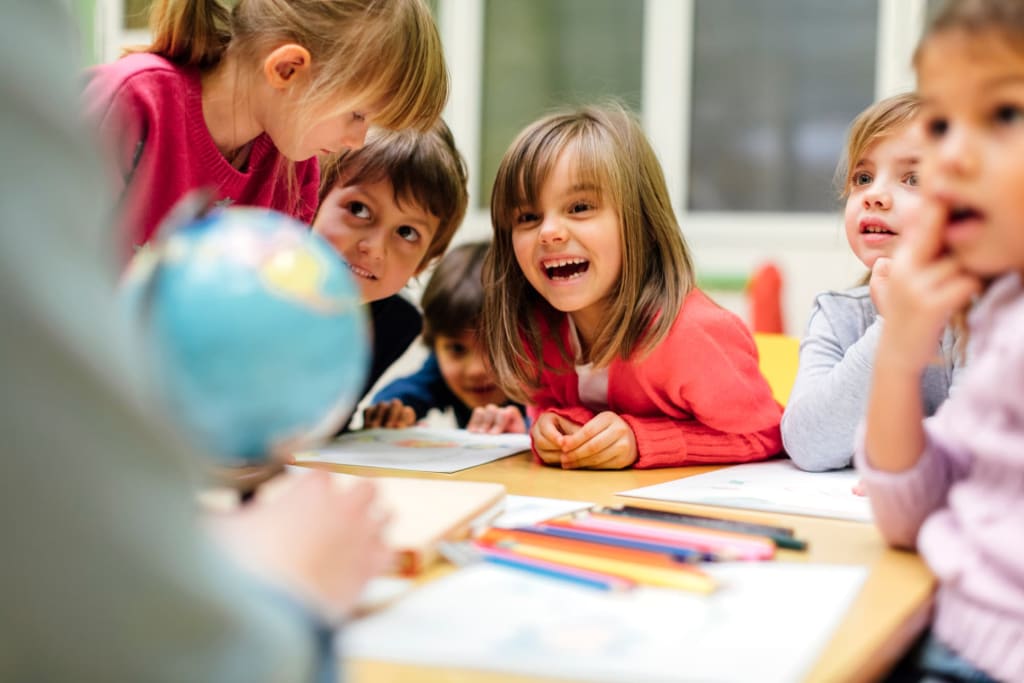Early childhood educators play a critical role in the lives of young children by providing essential education, care, and support during their formative years. These educators work with children from birth to age eight, helping them to develop essential skills and knowledge that will lay the foundation for future learning and success.
One of the primary responsibilities of early childhood educators is to create a safe, nurturing, and stimulating environment for young children to learn and grow. They design and implement developmentally appropriate curriculum and activities that cater to the specific needs and interests of each child. This may include planning and leading lessons in various subjects such as math, language, science, and art, as well as providing opportunities for play, exploration, and socialization.
In addition to teaching academic subjects, early childhood educators also focus on developing children’s social and emotional skills. They help children learn how to interact positively with their peers, communicate effectively, and manage their emotions. By fostering a supportive and inclusive classroom environment, educators can help children build confidence, self-esteem, and a sense of belonging.
Another crucial aspect of an early childhood educator’s role is to work closely with families to support children’s development. Educators communicate regularly with parents and caregivers to provide updates on their child’s progress, discuss any concerns or issues, and collaborate on strategies to support learning and development at home. By building strong partnerships with families, educators can create a cohesive support system that benefits the child both in and out of the classroom.
Furthermore, early childhood educators play a vital role in identifying and addressing any learning or developmental challenges that children may face. They observe and assess children’s progress, provide individualized support and interventions as needed, and collaborate with other professionals such as pediatricians, therapists, and psychologists to ensure that children receive the necessary services and support to thrive.
Overall, early childhood educators are dedicated professionals who are passionate about providing high-quality education, care, and support to young children during their most critical years of development. Their work has a profound impact on children’s academic success, social-emotional well-being, and overall growth and development. By nurturing and inspiring the next generation, early childhood educators help to shape the future of our society and create a positive and lasting impact on the lives of young children.
